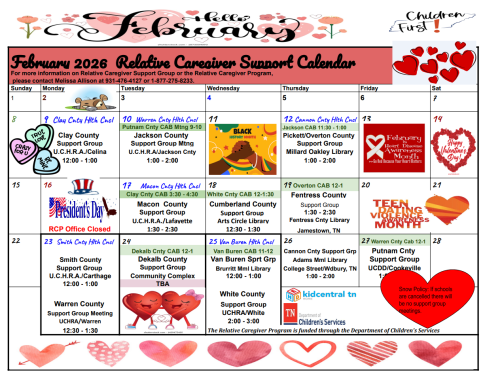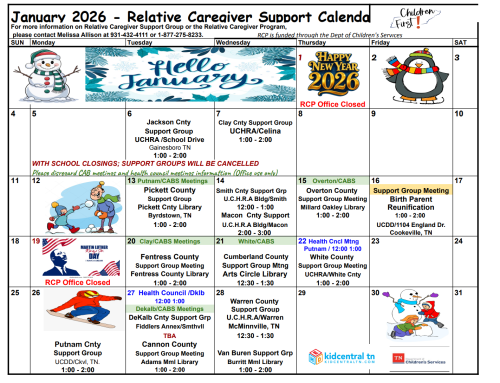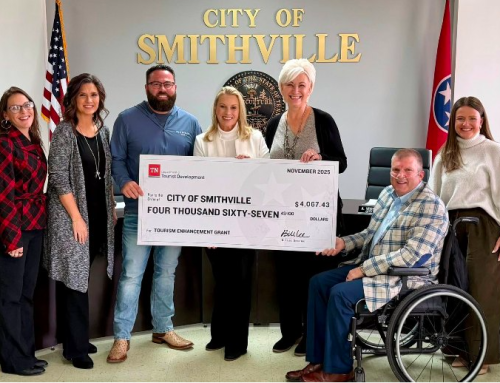 On behalf of the State of Tennessee, the Tennessee Housing Development Agency (THDA) has completed a draft of the State’s 2025-2029 Consolidated Plan and 2025-2026 Annual Action Plan for housing and community development in Tennessee. The Plan includes the State’s application for funds, strategic plan, and goals for five U.S. Department of Housing and Urban Development (HUD) grant programs:
On behalf of the State of Tennessee, the Tennessee Housing Development Agency (THDA) has completed a draft of the State’s 2025-2029 Consolidated Plan and 2025-2026 Annual Action Plan for housing and community development in Tennessee. The Plan includes the State’s application for funds, strategic plan, and goals for five U.S. Department of Housing and Urban Development (HUD) grant programs:
- Community Development Block Grant (CDBG, administered by TN Department of Economic and Community Development)
- HOME Investment Partnerships Program (HOME, administered by THDA)
- Housing Trust Fund (HTF, administered by THDA)
- Emergency Solutions Grant (ESG, administered by THDA)
- Housing Opportunities for Persons with AIDS (HOPWA, administered by TN Department of Health)
These programs support a variety of housing and community development efforts throughout Tennessee for the benefit of low- and moderate-income households.
The State is required to prepare and submit a Consolidated Plan to HUD every five years. This new Plan will be submitted in May 2025. The Needs Assessment section outlines some of Tennessee’s current housing and infrastructure needs. The Market Analysis section reports to what extent the current housing market and supply are meeting Tennesseans’ needs. The Strategic Plan section sets housing and community development goals. The Annual Action Plan details how the State’s grant programs will distribute approximately $50-60 million in annual federal funding in pursuit of these goals.
Citizens are encouraged to review and make comments on the Plan beginning on Wednesday, March 5, 2025. A draft summary in English and Spanish will also be available. Citizens can find the links to review the Plan, the summary, and submit comments at https://thda.org/research-planning/consolidated-planning from March 5 – April 19, 2025. Citizens will also find the details for an in-person and virtual public hearing about the Plan.
For questions and accommodation requests (e.g., requests for assistance due to a disability and/or limited English language proficiency), please email research@thda.org.





